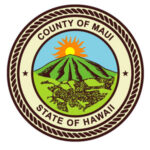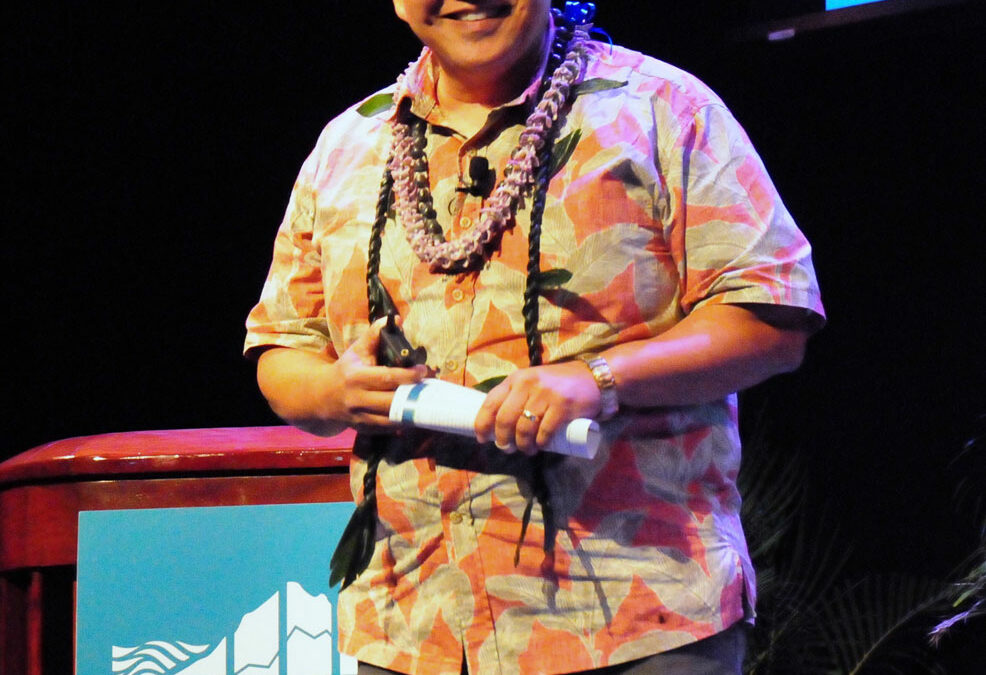
Jun 27, 2018 | Community
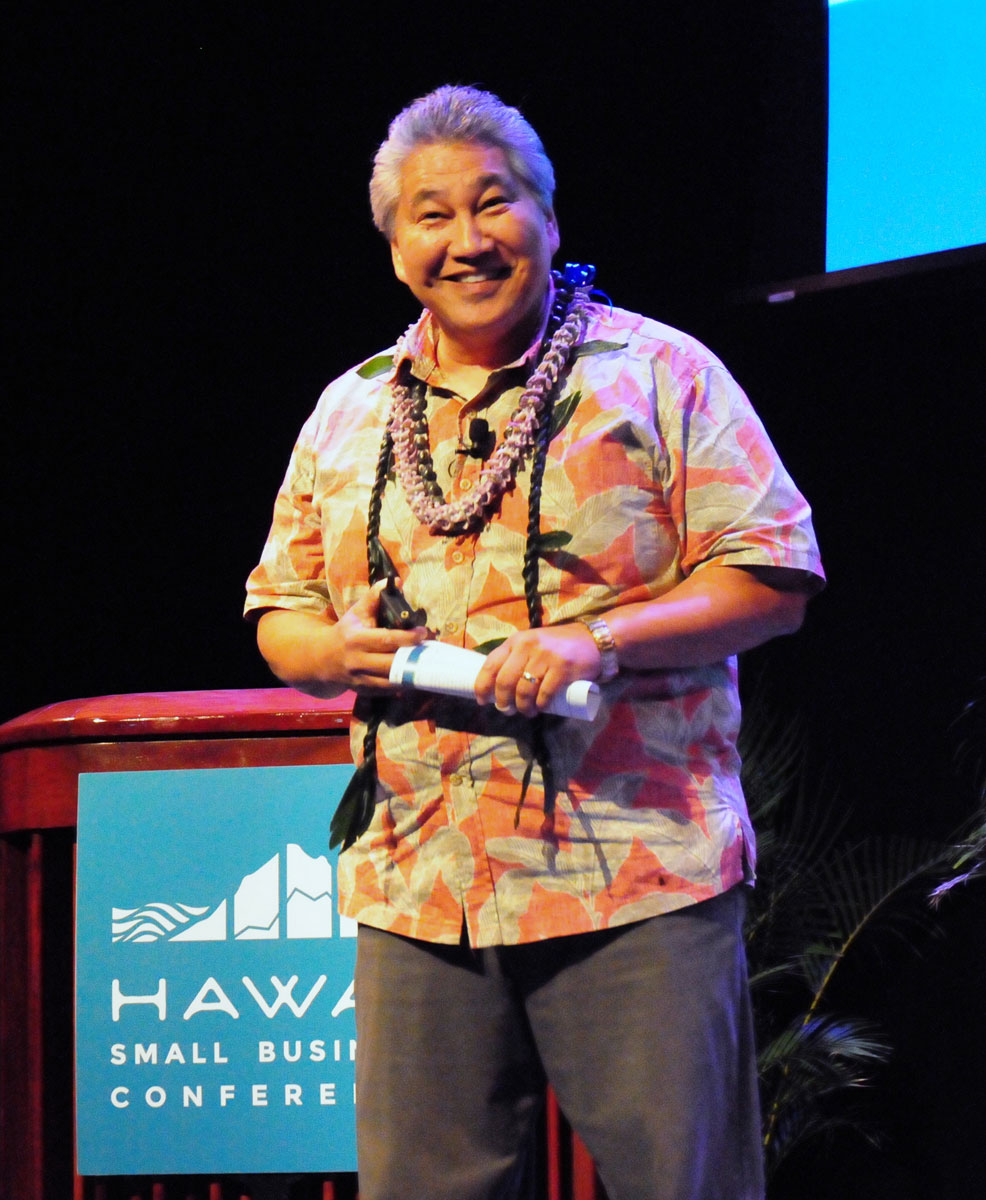
Ramsay Taum, a speaker at the 2nd Annual Hawaii Small Business Conference, wowed the audience with his talk on the integration of Native Hawaiian cultural values and principles as a key to effective service in business. Taum, an internationally recognized cultural resource speaker, lecturer, trainer and facilitator, promotes sustainable practices based on Hawaiian stewardship principles. He is the founder and president of Life Enhancement Institute of the Pacific; and Director of External Relations & Community Partnerships at the University of Hawaii School of Travel Industry Management.
“Aloha is a way of being, a way of behaving,” Taum said. “Aloha is more than a greeting. It is the art and spirit of giving and receiving. It is to give and not expect anything in return, and to receive and not forget to give back. It speaks of sustainability and reciprocity, rights and privileges, responsibilities and obligations. We must act ourselves into these new ways of thinking.”
Mentored and trained by respected kupuna (elders), Taum is a practitioner and instructor of several Native Hawaiian practices and sits on numerous advisory boards. He advocates team building, strategic partnerships, community brilliance and creative thinking. He graduated from the Kamehameha Schools, attended the U.S. Air Force Academy at Colorado Springs, and earned a B.S. degree in Public Administration from the University of Southern California. Taum is especially effective working with Hawaii’s travel, leisure, and retail industry where he integrates Native Hawaiian values and principles into contemporary business practices.
“Before manifesting any idea, declare the context of aloha for the idea!” Taum exclaimed. “You have to live aloha, share aloha and be aloha! Service, mana, and aloha are more than words. It’s the way we use those terms that matters most. For example, saying mahalo means more than just thank you. It means we are connected by commitment.”
Taum concluded, “Ha in the words aloha and mahalo is the breath that connects us all. Knowing that Ha is the spirit of the air that we all share, we realize we are connected to the spirit of the community, and the spirit of everything.”
A high-integrity, values-driven business model based on true Hawaiian values is the key to success.
Ramsay Taum, Life Enhancement Institute of the Pacific
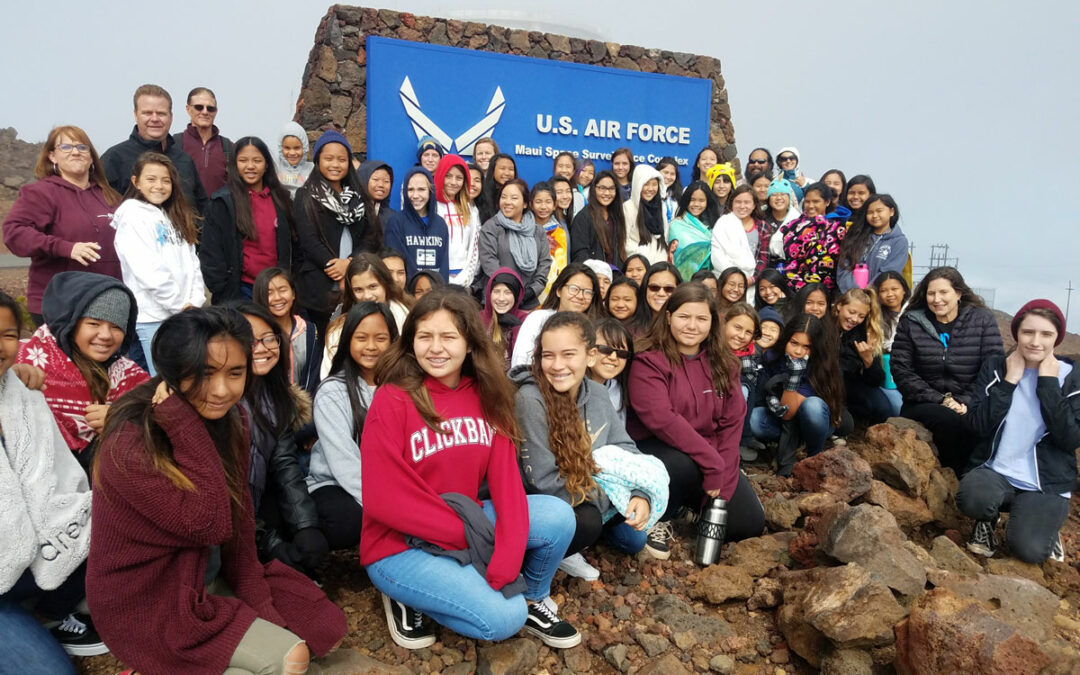
Jun 20, 2018 | Education, Innovation, Stemworks
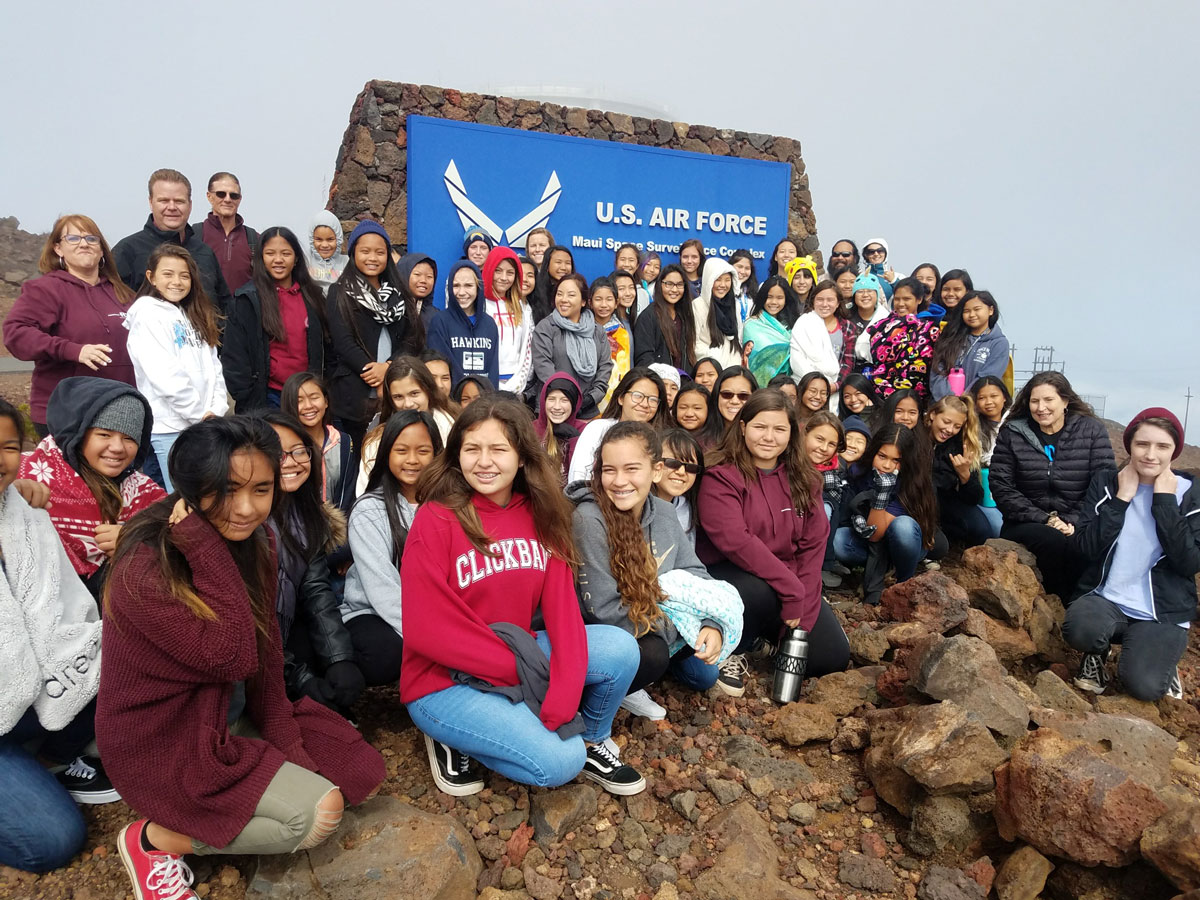
Maui Economic Development Board’s (MEDB) Women in Technology Program (WIT) recently presented their 2nd Introduce a Girl to Astronomy Day (IGAD) for Maui girls, grades 7-8. For the past decade, MEDB and WIT have been at the forefront of providing cutting-edge STEM (science, technology, engineering, mathematics) programs across the state to meet 21st century workforce demands. “IGAD stimulates girls’ interest in astronomy as a viable and exciting career choice that requires STEM education,” said WIT Project Manager Mapu Quitazol. “It’s important to expose our girls to endless STEM opportunities and build their confidence level to know they can achieve their dreams.”
Dr. J. D. Armstrong, Maui Technology Education and Outreach Specialist at University of Hawaii’s Institute for Astronomy, agreed, “It is important to develop future leaders in our planning for Maui’s future. For example, during IGAD the students learned about the Faulkes Telescope North, a two-meter-aperture telescope that can be accessed over the internet by any students in Hawaii and globally for their science projects. Owned and operated by Las Cumbres Observatory, this unique worldwide network of robotic telescopes engages students in real science via their computers. They become active participants in a range of astronomical research projects, from observations of the solar system to distant stars and galaxies.”
Krystle Dunn, science teacher from Lahaina Intermediate, said, “I was impressed by the variety of information that students got to take in: astronomy, satellites, telescopes and hands-on activities with sensors. One of my students learned that being a part of the Air Force doesn’t always mean you have to be in combat–you can be involved through technology and other STEM fields. Many students made connections that might directly impact their future decisions.”
Jaycie Iha, Maui Waena Intermediate student, concluded, “I’m so grateful to MEDB and WIT for this chance to learn more about astronomy and engineering. IGAD was such an extraordinary and valuable experience. After visiting the observatories, I see there are opportunities for girls on Maui to reach for the stars!”
Seventy-five middle school girls from Maui County enjoyed learning about optics by touring the Maui Surveillance Space System facilities atop Haleakala.
Mapu Quitazol, MEDB WIT Program Director
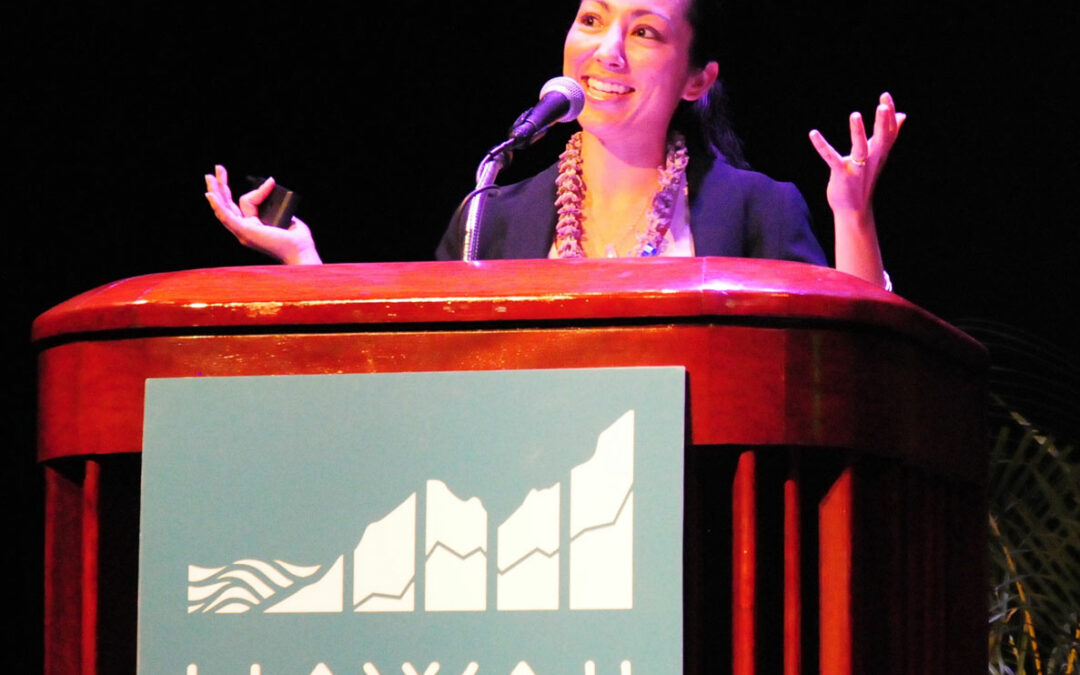
Jun 13, 2018 | Community
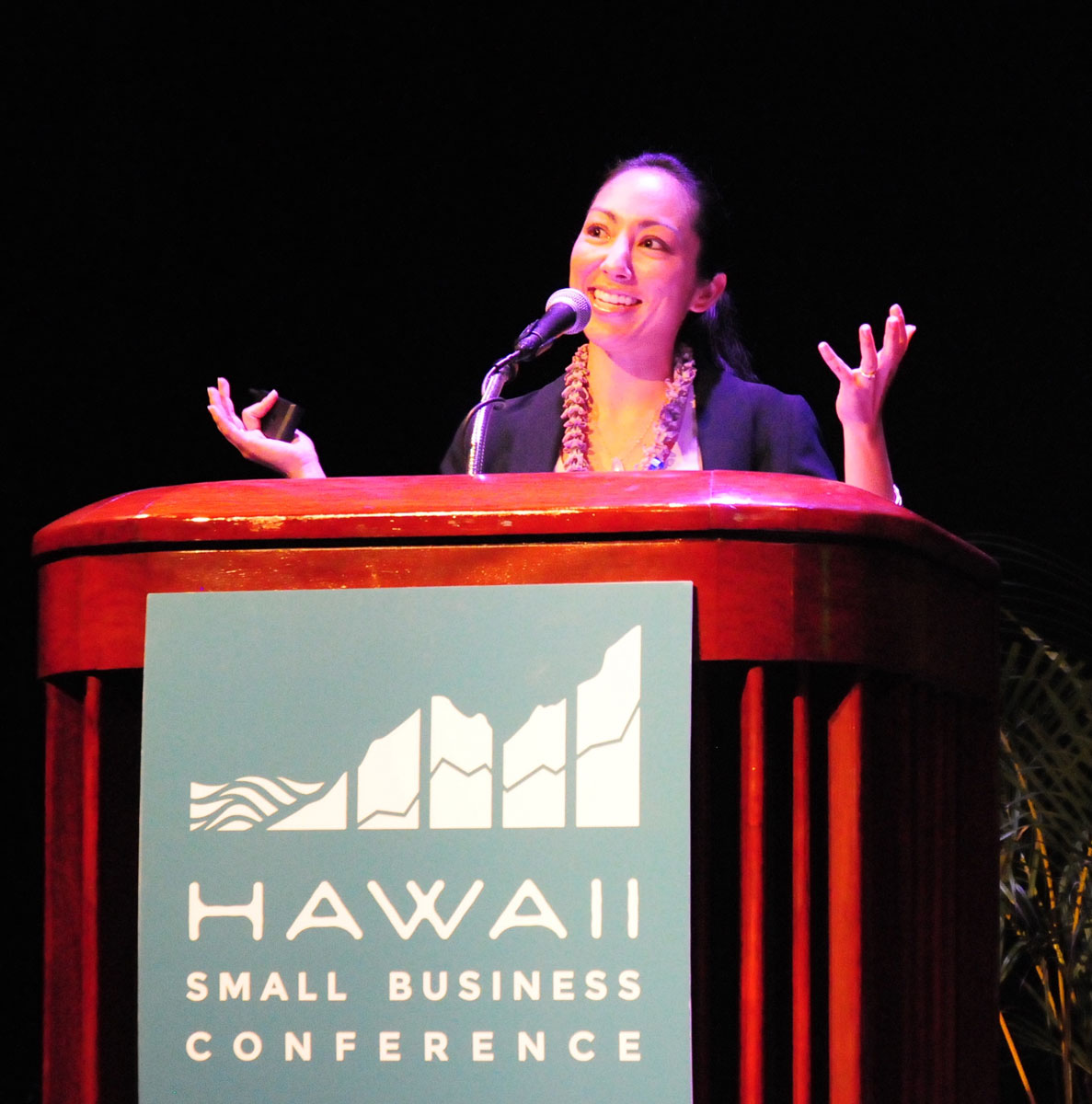
Maui Economic Development Board (MEDB), in collaboration with Maui County’s Office of Economic Development, presented the 2nd Annual Hawaii Small Business Conference (HSBC) at the Maui Arts & Cultural Center in May. The conference attracted over 200 people who heard from approximately 20 national and local business leaders and successful business owners during the two-day conference and workshops.
“We were thrilled with the diversity of attendees who truly reflected our small business community,” said Leslie Wilkins, MEDB President and CEO. “The HSBC aims to provide timely strategies to re-energize small businesses on their path to success. Everyone came to learn, share, network, and do business together.”
This year’s theme, Plan, Build, Grow: Mapping A Pathway to Success, emphasized taking any business, one-person or large-size company, to the next level. Diversity also described the topics that were covered: employer and customer engagement, staffing for success, scaling one’s business, shaping a plan for growth, keeping your business relevant, establishing a social media strategy, when to pivot a business, tax strategies, living aloha in business, and how to select and protect a company trademark.
Keynote speaker Karen McCullough, a well-known customer and employee engagement expert, discussed how organizations and leaders can cut through generational stereotypes by leveraging their team’s strengths, and enriching the work environment for better results. Additionally, McCullough’s topic, Going Beyond Your Brand—Delivering WOW Service, focused on how “your brand is the core of your company, the heart of your business, the soul of your culture and the foundation for a great customer experience.”
In a Talk Story session, Ashley Takitani Leahey, co-owner and Marketing Director of Maui Thing, shared the company’s story and what drives their success. “Our brand portrays the essence of living on the Valley Isle and is built on our slogan, Stuck on Good,” Leahey said. “We follow these guidelines: Build your brand; Create experiences; Track and analyze; Collaborate and listen; Work towards community partnerships and Mix your products with events. Whatever your business, if you’re passionate and believe in what you’re marketing, you’ll be successful!”
Maui Thing started in 2007, selling shirts online and in the office. In 2008 we opened the Wailuku store creating memories built by friends, family, and our community.
Ashley Takitani Leahey, Co-Owner & Marketing Director, Maui Thing, Wailuku
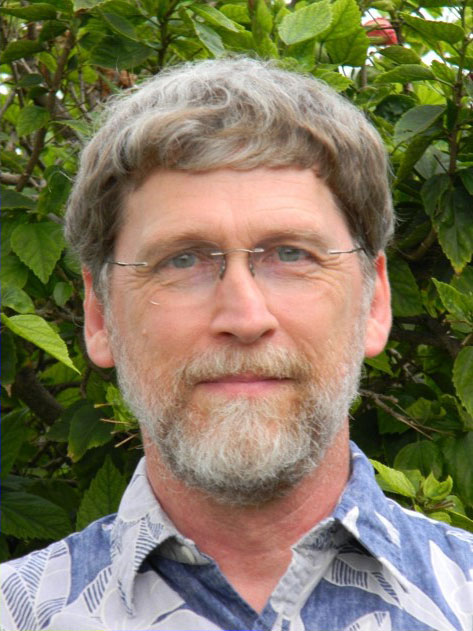
Jun 6, 2018 | Education

Dr. Paul Schumacher, Principal Investigator in Astrodynamics for Space Situational Awareness, Air Force Research Laboratory in Maui, recently gave a talk at the Institute for Astronomy in Pukalani, about the future of the satellite catalog. In recent years, the increasing numbers of objects in space has made the job of monitoring them more challenging—and more essential. “Many persons do not know that the U.S. military carries on an extensive world-wide satellite tracking operation to maintain a complete inventory, or catalog, of all known man-made objects in orbit around the Earth,” Schumacher explained. “Besides its military applications, the satellite catalog serves a variety of commercial, civil and even diplomatic functions. At present, more than 20,000 objects are being tracked routinely.”
The launch of Sputnik in 1957 marked the beginning of the Space Age. It also marked the beginning of a space race that brought a remarkable rate of rocket launches. “This created a host of strategic challenges, including the need for space surveillance,” Schumacher noted. “These needs led to the establishment of a mission to maintain a catalog of all Earth-orbiting objects, active payloads, rocket bodies, and debris, along with detailed information about trajectory and point of origin. Tracking space objects promotes space flight safety, protection of the space environment and the peaceful use of space worldwide. We reduce the risk of collision by sharing information with Governmental and commercial satellite operators, U.S. allies and others.”
The growth of the satellite catalog will certainly trigger a greater number of collision-risk alerts. Proper response to these alerts will require greater confidence in predictions along with better decision-making. Certainly, the space pioneers never envisioned that the vast majority of orbiting objects would be debris, nor would they have envisioned that alerting satellite operators about potential collisions would be a full-time job. “Nevertheless, this is the environment in which satellites currently operate,” Schumacher concluded. “A robust catalog and space surveillance tracking network are the cornerstones for ensuring a safe operational environment in space.”
The future satellite catalog is a topic that Dr. Schumacher and others often discuss at MEDB’s annual Advanced Maui Optical and Space Surveillance Technologies Conference. Satellites are essential to the technology we use in our everyday lives.
Sandy Ryan, Maui Economic Development Board Program and Conference Director
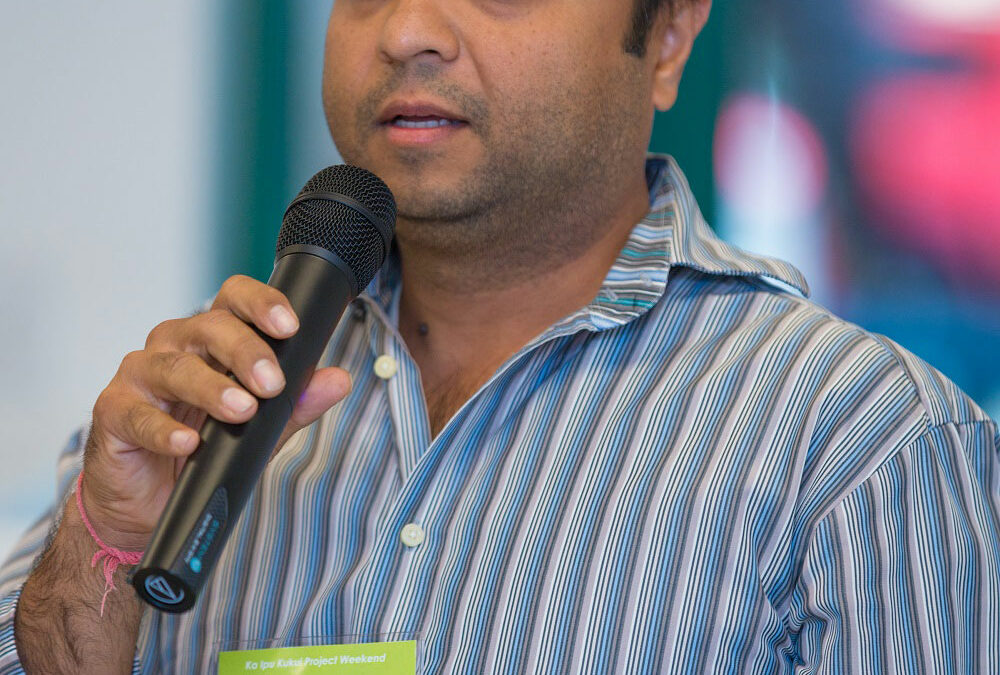
May 30, 2018 | Community, Education
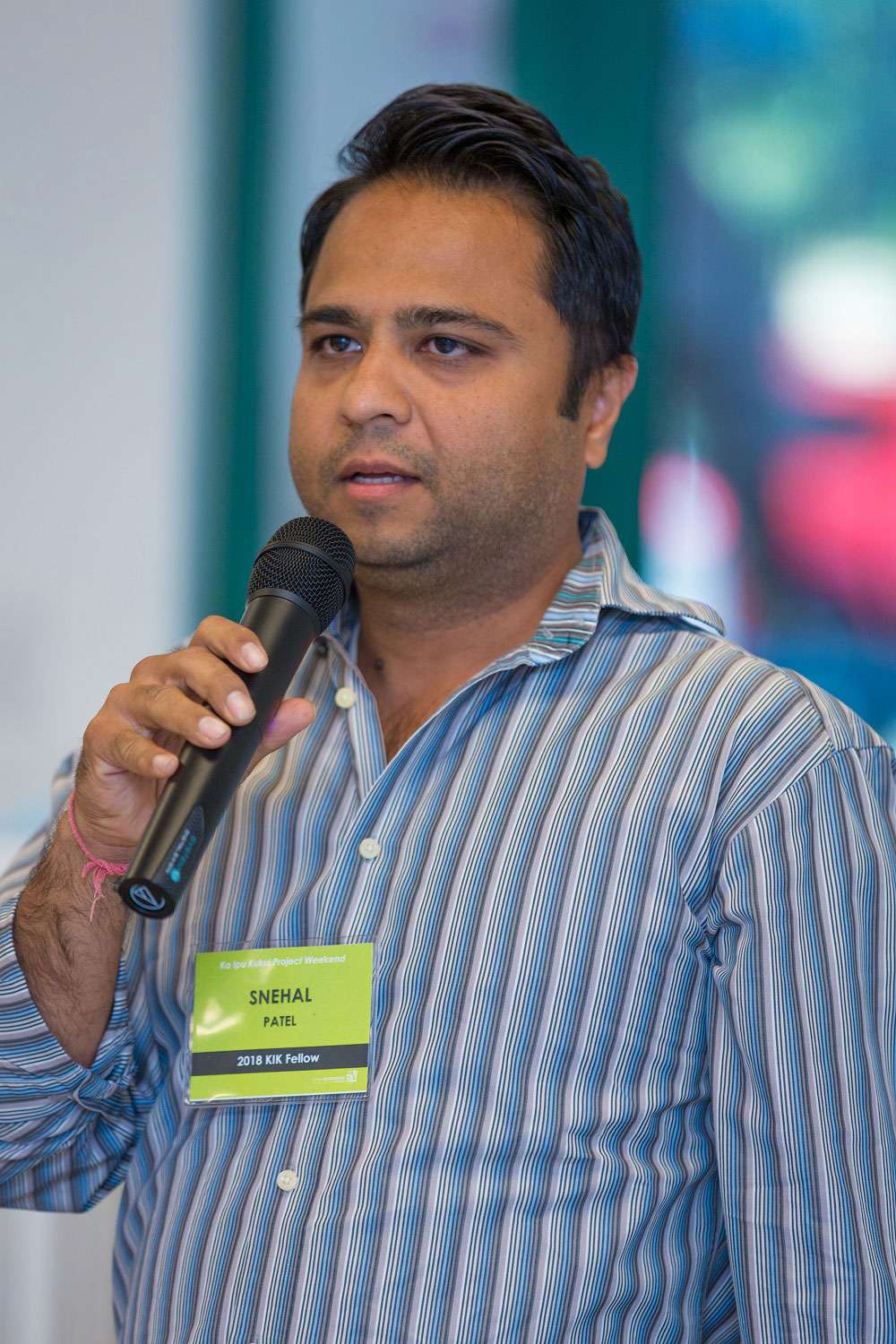
Founded on the values and priorities for Maui County’s future as articulated by Maui County’s residents through the Decisions Maui and Focus Maui Nui visioning processes, Ka Ipu Kukui Fellows is a year-long program dedicated to preparing community-nominated young leaders for the unique challenges and opportunities in Maui County. To date, over 100 accomplished professionals have graduated from the program. The current Fellows are a diverse cross-section of residents drawn from business, government, academia, and nonprofit organizations. Each month, the program offers halawai (meetings) focused on in-depth introductions to Maui County’s infrastructure and array of community leaders coupled with workshops to expand leadership skills.
Last December, Maui Economic Development Board (MEDB) hosted Project Weekend, an intense, team-based experience in which the Fellows go hands-on to create a community project. “MEDB was thrilled to guide the Fellows as they navigated the many layers of project development. It was fun to see the concepts unfold as the Fellows gained a first-hand understanding of what it takes to turn their idea into a viable community-based project,” shared Amber Hardwick, Ka Ipu Kukui alumna and MEDB’s lead on Project Weekend.
“What I went through was so valuable because it allowed me to realize that even though I have these fears going into it, none of that came about because we had such a great team that we just persevered together and created something that was even more special than I originally thought we could do,” said Snehal Patel who came up with the idea for the winning project called ‘We The People’. “Moving forward we are going to see if we can proceed with our project as a pilot program.”
“I enjoyed the collaboration,” said Sayble Bissen. “We got to learn a lot about how our co-worker Fellows think and how they see Maui as a whole and what can be done to help.” Discussing the future of her team’s project called Literacy for Financial Education (L.I.F.E), Sayble added “Our plan is to hopefully to follow through with our project – I am pretty positive that it can happen.”
As this year’s cohort celebrates their May graduation, Ka Ipu Kukui is accepting applications for the 2018-19 program. Learn more at http://www.kikfellows.org/
I think that we all have such great ideas, and Project Weekend helped us to execute that into a real live MVP (Minimum Viable Project), which I never knew about before going through this process.
Snehal Patel









